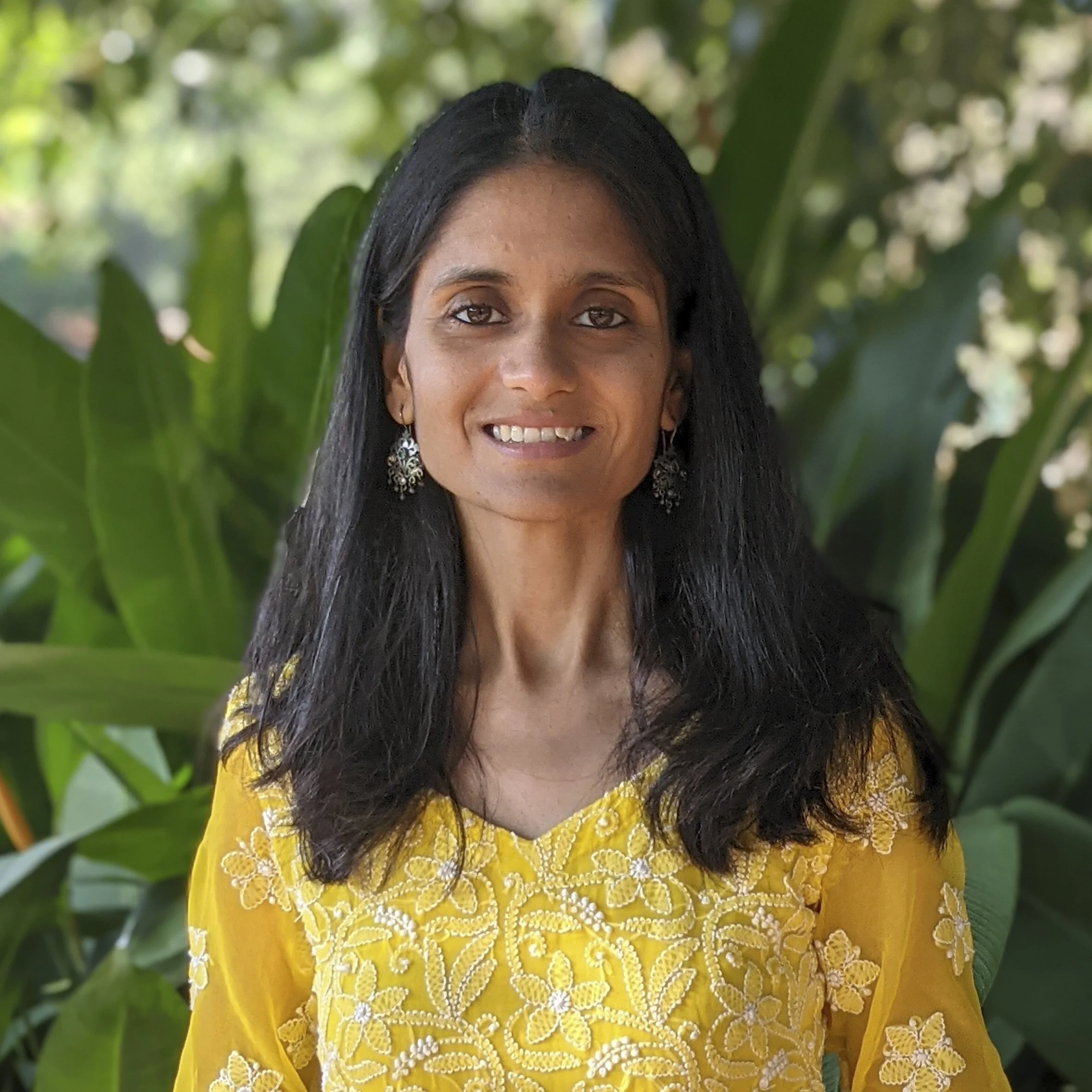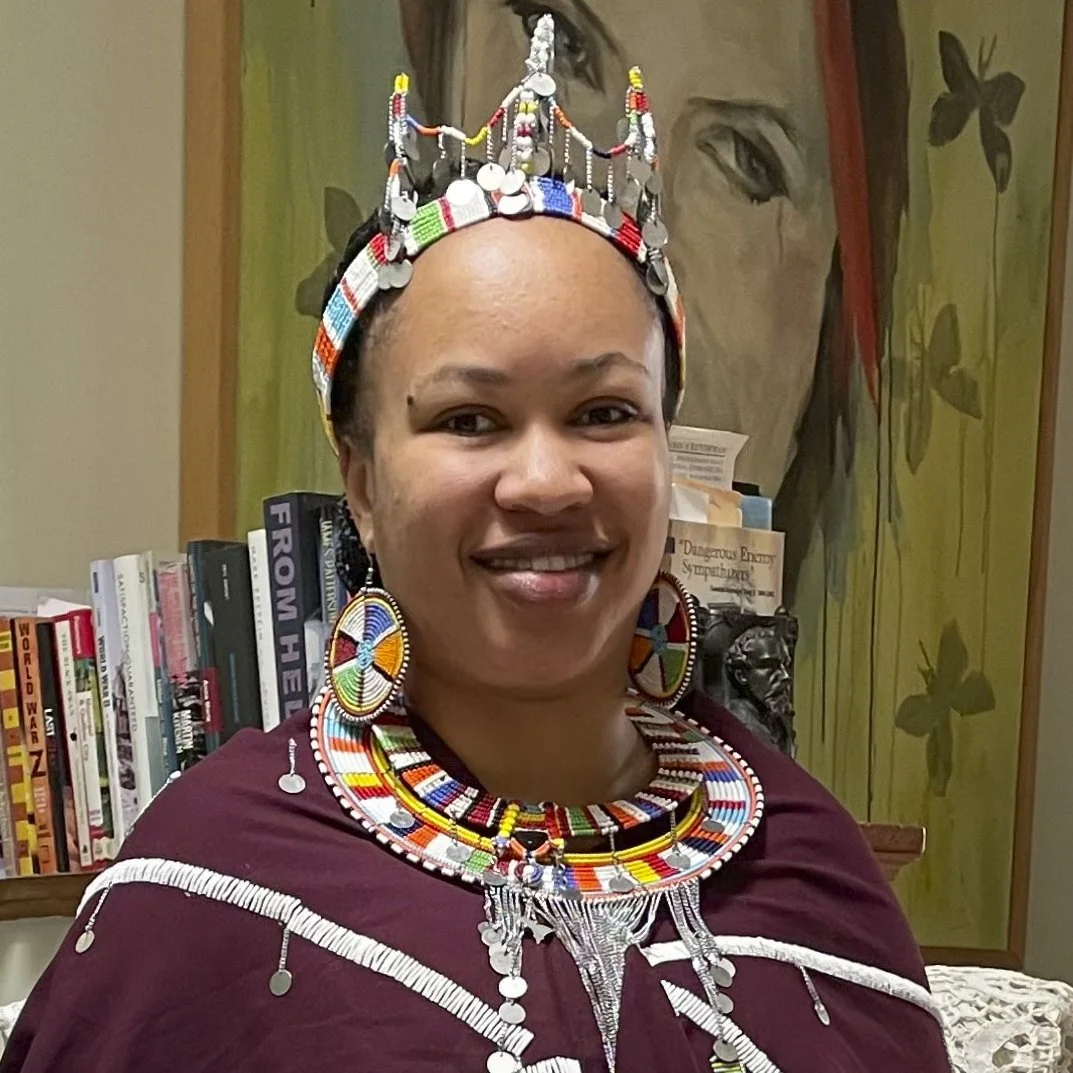Ananya Tiwari (33), from India, is a doctoral candidate in educational psychology at the University of Illinois, Urbana-Champaign, with a minor in gender relations in international development and a graduate certificate in evaluation studies.
Ananya’s research explores structural determinants of gender inequality among marginalized girls in Indian schools, with a specific examination of “sense of belonging” within educational settings. Specifically within India’s residential girls’ secondary schools (KGBV), Ananya seeks to determine the levels of disadvantage that create cultural dissonance - the clash when girls’ education is being promoted at the policy level but community factors (caste, religion, gender, socio-economic status, and rural locations) are contributing to low attendance, high drop-out, and the fundamental belief that “I cannot succeed.”
In 2018 Ananya co-founded an international non-profit, SwaTaleem (https://swataleem.org), which addresses child marriage and school dropout by enhancing educational and life skills for girls in rural India. So far, the organization has worked with 1,000 girls across six schools in some of the most deprived parts of India.
Ananya’s future career is in international development as an expert and policy advocate in the global gender equity space. She hopes to continue expanding SwaTaleem and supporting underrepresented minorities to equip them in leading community-based initiatives.




